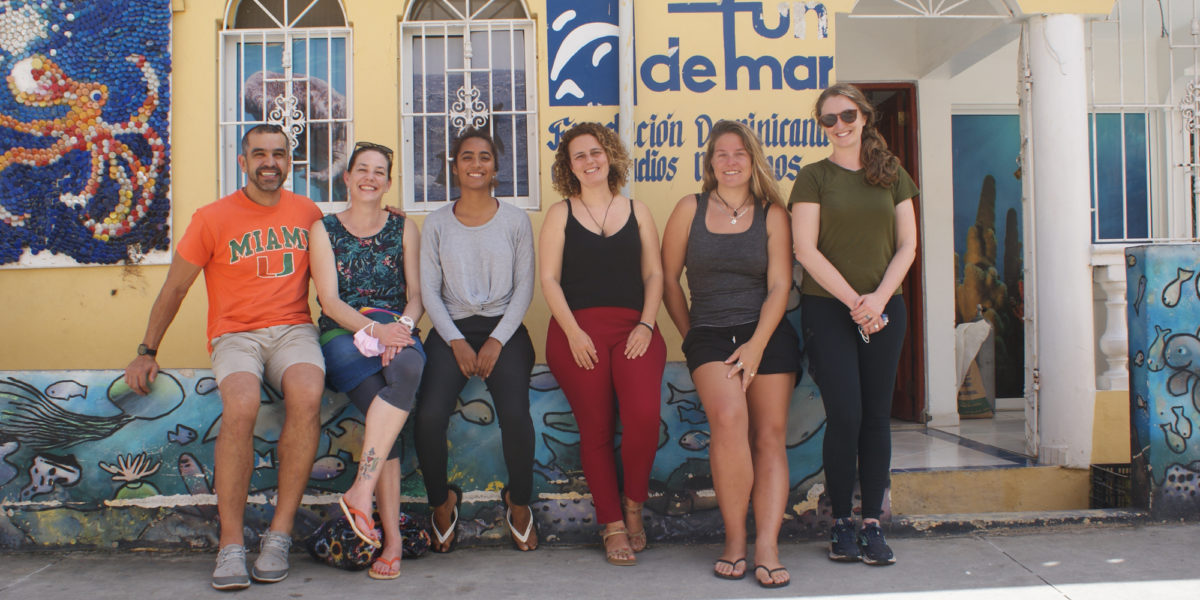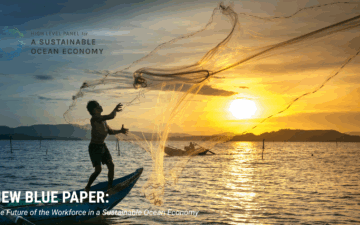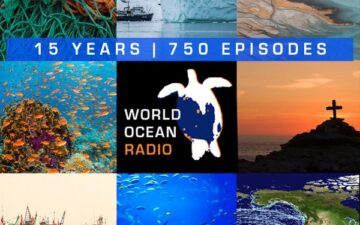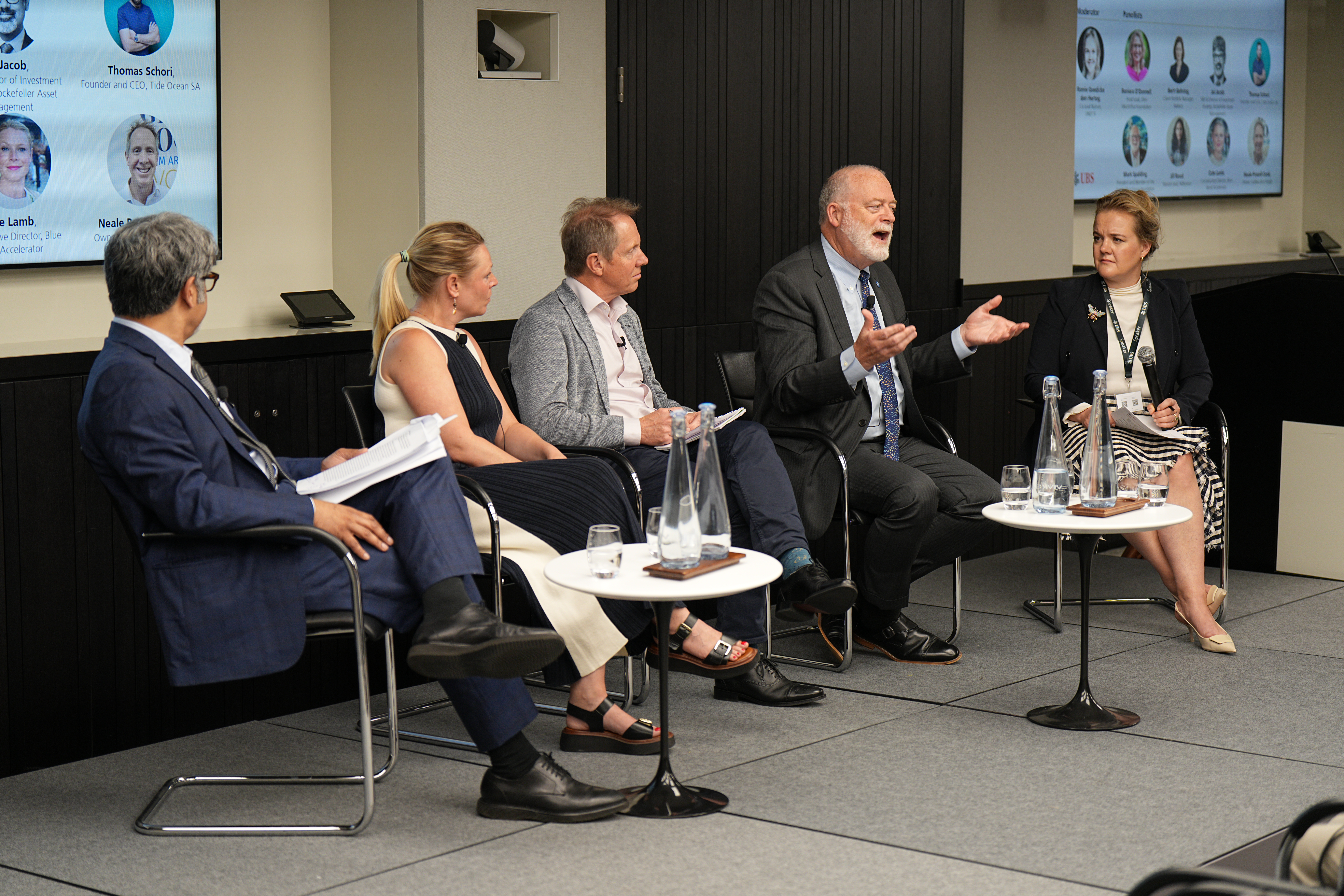Scientists from the D.R. and Cuba come together to learn and share new restoration techniques
View the full workshop summary below:
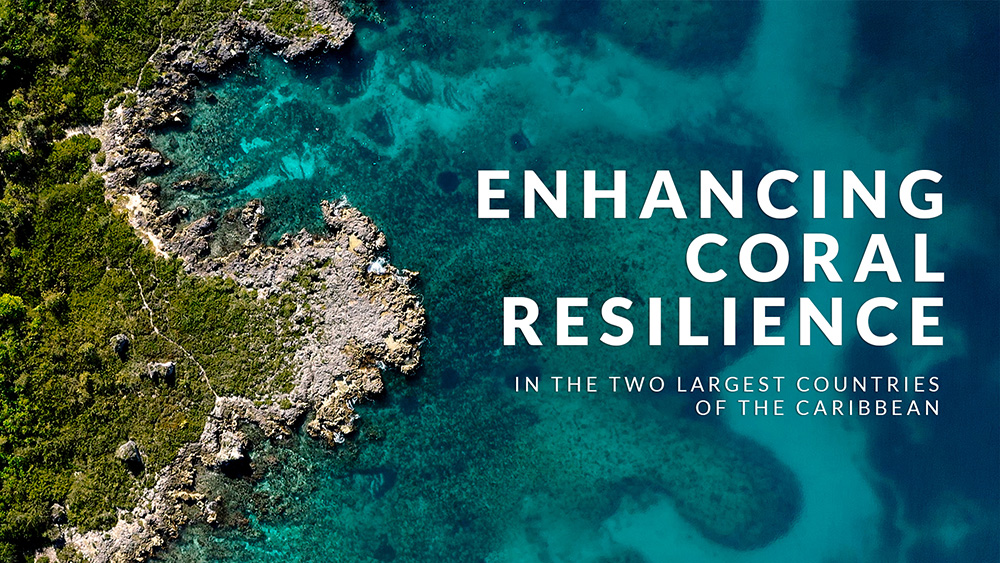
Watch OUr Workshop Video
We are building capacity for young scientists to chart a future for the Caribbean’s corals and the coastal communities that rely on them.
“It’s a big Caribbean. And it’s a very linked Caribbean. Because of ocean currents, every country is relying on the other… Climate change, sea level rise, mass tourism, overfishing, water quality. It’s the same problems that all countries are facing together. And all of those countries don’t have all of the solutions. So by working together, we share resources. We share experiences.”
Fernando Bretos | Program Officer, TOF
Last month, we officially launched our three-year project to build coastal resilience in the two largest island nations of the Caribbean – Cuba and the Dominican Republic. Our very own Katie Thompson, Fernando Bretos, and Ben Scheelk represented The Ocean Foundation at a coral restoration workshop in Bayahibe, Dominican Republic (D.R.) – just outside of the Parque Nacional del Este (East National Park).
The workshop, Community-based Coastal Remediation in the Insular Caribbean’s Two Largest Nations: Cuba and the Dominican Republic, was funded with the help of our $1.9M grant from the Caribbean Biodiversity Fund (CBF). Together with Fundación Dominicana de Estudios Marinos (FUNDEMAR), SECORE International, and Centro de Investigaciones Marinas (CIM) de la Universidad de la Habana, we focused on novel coral seeding (larval propagation) methods and their expansion to new sites. More specifically, we focused on how scientists from the D.R. and Cuba could collaborate on these techniques and ultimately incorporate them in their own sites. This exchange is intended as a south-south collaboration whereby two developing countries are sharing and growing together and deciding their own environmental future.
What is coral seeding?
Coral seeding, or larval propagation, refers to the collection of coral spawn (coral eggs and sperm, or gametes) that are able to fertilize in a laboratory. These larvae are then settled on special substrates that are later dispersed on the reef without need for mechanical attachment.
In contrast to coral fragmentation methods that work to clone coral fragments, coral seeding provides genetic diversity. This means that propagative seeding supports the corals’ adaptation to changing environments caused by climate change, such as coral bleaching and elevated sea water temperatures. This method also further opens up the possibility to scale up restoration by garnering millions of coral babies out of one coral spawning event.
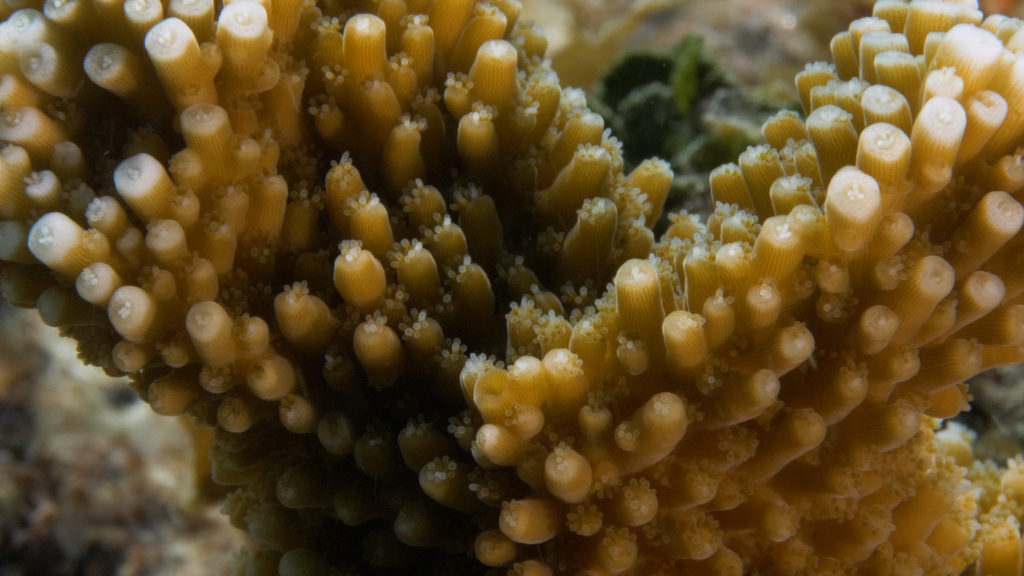
Bringing scientists from the D.R. and Cuba together for innovative nature-based solutions
Over the course of four days, those who joined the workshop learned about the novel coral seeding techniques developed by SECORE International and implemented by FUNDEMAR. The workshop served as an important step in a larger plan for upscaling novel methods of coral restoration and enhancing coral reef ecosystems in the D.R.
Seven Cuban scientists, half of them graduate students studying coral reef ecology at the University of Havana, also participated. The scientists hope to replicate seeding techniques at two sites in Cuba: Guanahacabibes National Park (GNP) and Jardines de la Reina National Park (JRNP).
Most importantly, the workshop allowed scientists from multiple countries to share information and knowledge. Twenty-four participants from Cuba, the D.R., United States, and Mexico attended presentations by SECORE and FUNDEMAR on their lessons learned with larval propagation in the D.R. and across the Caribbean. The Cuban delegation also shared their own experiences and insight on coral restoration.
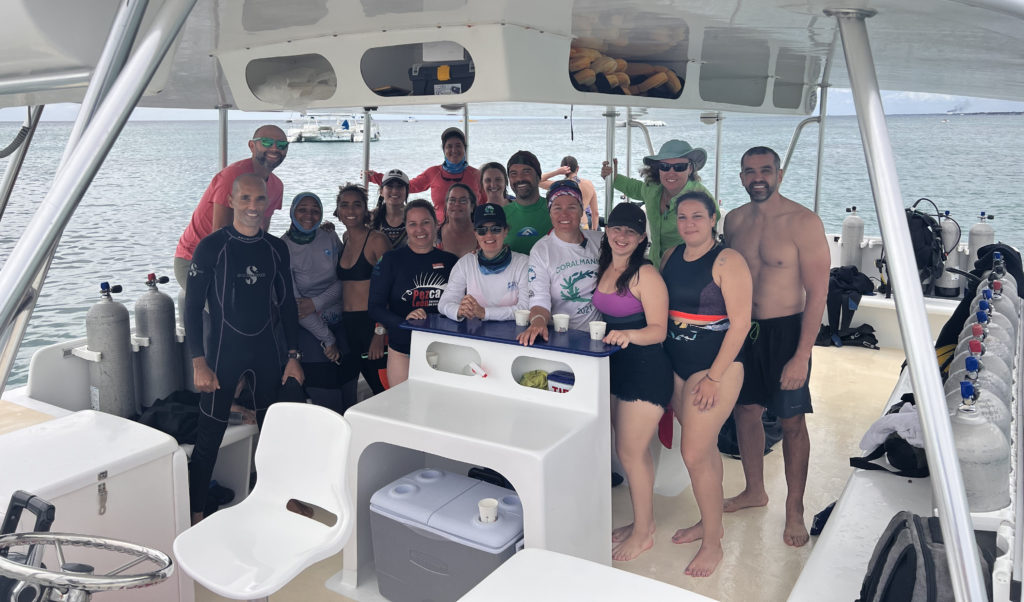
Looking to the future
Community-based Coastal Remediation Workshop participants received an immersive experience – they even went scuba diving and snorkeling to see FUNDEMAR’s coral nurseries, coral plantings, and experimental set-ups. The workshop’s hands-on and collaborative nature sought to provide the training for a new generation of Cuban coral restoration specialists.
Corals provide refuge for fisheries and enhance livelihoods for coastal communities. By restoring corals along the coastal fringe, coastal communities can be effectively buffered against the rising sea level and tropical storms attributed to climate change. And, by sharing solutions that work, this workshop helped kick off what we hope will be a long and fruitful relationship among participating organizations and countries.
“In the case of Cuba and the Dominican Republic, they’re the two largest island countries in the Caribbean… When we can get these two countries that cover so much land and coral area we could really get a lot accomplished… TOF’s idea has always been to let the countries talk and let the youth talk, and through exchange, sharing ideas, sharing perspectives…That’s when magic can happen.”
Fernando Bretos | Program Officer, TOF
